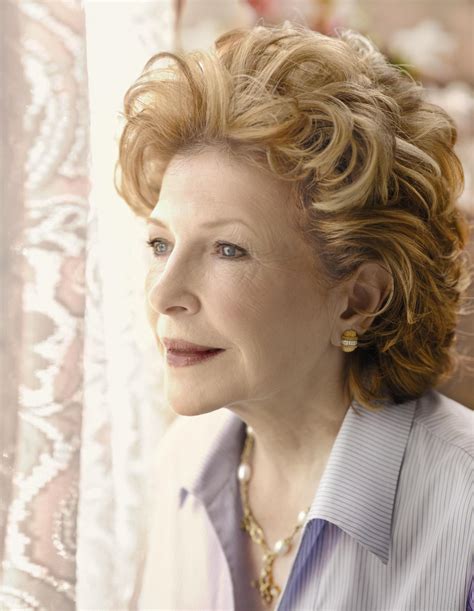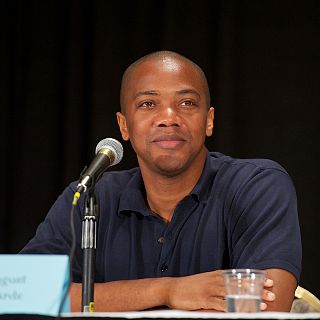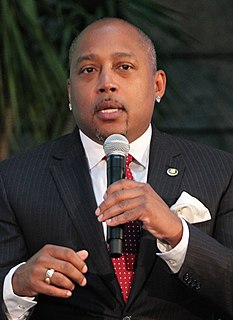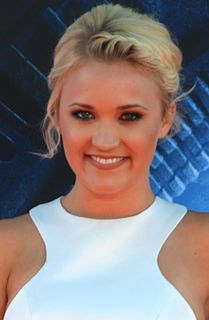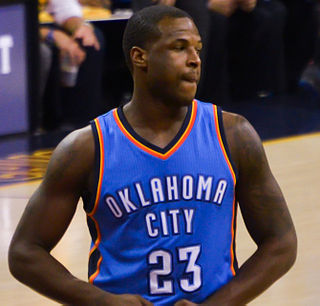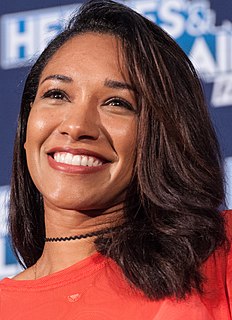A Quote by Heather Headley
As you're learning your lines and the character you're playing, you're going to make mistakes but I learned more about Shug Avery. I learned my lines, but everything had to be done quickly.
Related Quotes
Those of us raised in modern cities tend to notice horizontal and vertical lines more quickly than lines at other orientations. In contrast, people raised in nomadic tribes do a better job noticing lines skewed at intermediate angles, since Mother Nature tends to work with a wider array of lines than most architects.
[Barack] Obama can draw lines for himself and his country, not for other countries. We have our red lines, like our sovereignty, our independence, while if you want to talk about world red lines, the United States used depleted uranium in Iraq, Israel used white phosphorus in Gaza, and nobody said anything. What about the red lines ? We don't see red lines. It's political red lines.

